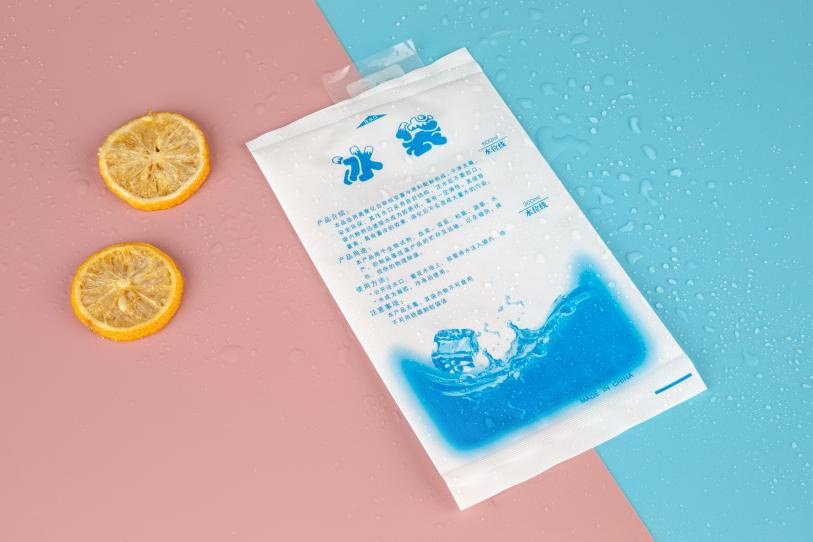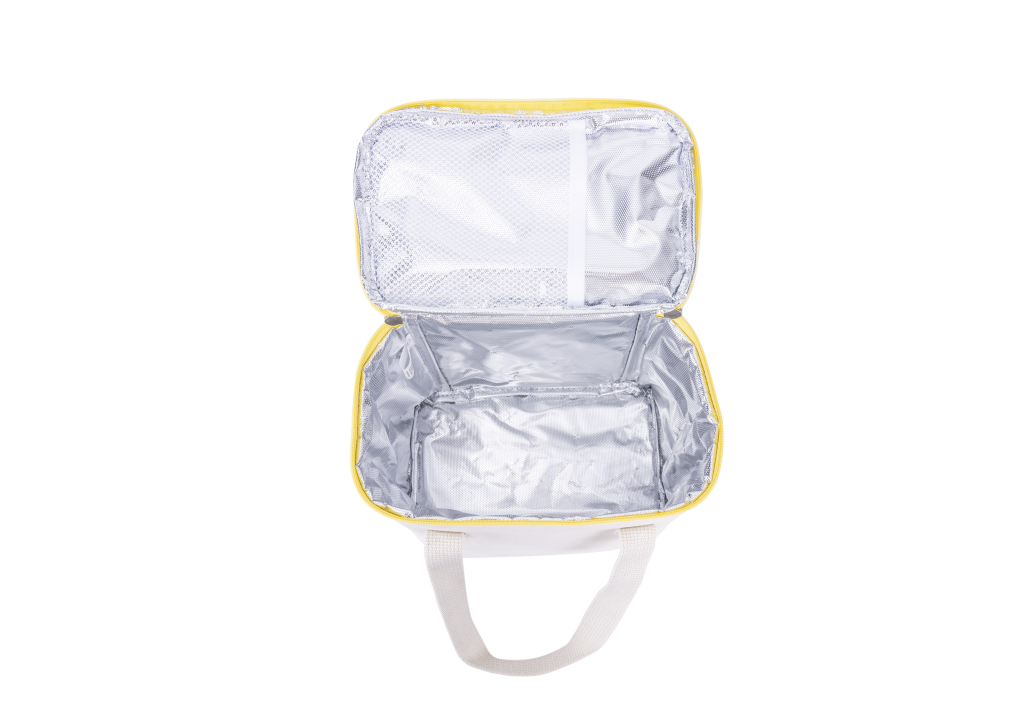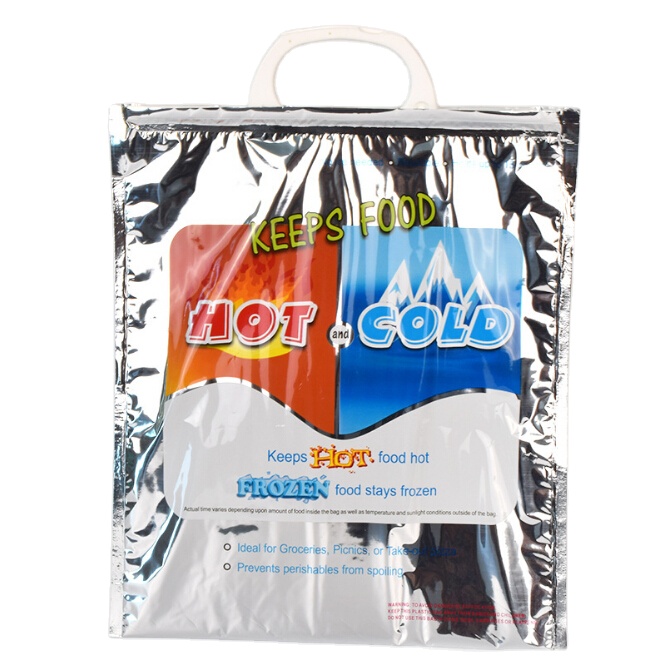Shipping the ice cream is a challenging process. As an easily melting frozen food, ice cream is extremely sensitive to temperature changes, and even temporary temperature fluctuations can cause the product to deteriorate, affecting its taste and appearance. To ensure that ice cream can maintain its original quality during transportation, companies need to adopt advanced cold chain technology, including the use of efficient insulation packaging materials and temperature control equipment.
1. Difficulty in transporting the ice cream
The transportation of ice cream faces many difficulties, mainly due to its high sensitivity to temperature. Ice cream is an easily melted frozen food, and even a very short period of temperature fluctuations can cause the product to melt and re-freeze, thus affecting its taste, texture and appearance. This requires that a stable low-temperature environment must be maintained during transport, usually below-18°C.
2. Ice cream supply chain
The supply chain of ice cream after the factory is crucial to ensure that the product remains of high quality when it reaches consumers. After leaving the factory, the ice cream is quickly frozen below-18°C and stored in a special cold storage facility. Next up is the transportation link. Refrigerated transport vehicles and insulation packaging materials can maintain a constant low temperature, reduce the risk of temperature fluctuations. In addition, the real-time temperature monitoring system can monitor temperature changes during transportation to ensure that timely measures are taken to deal with anomalies.
3. How to achieve ice cream from the “factory ➡ consumers”?
From the production to the hands of ice cream, the main difficulty is the temperature control, and the demand for ice cream will reach the maximum in hot weather, so it is particularly important to control the temperature of the step from factory to consumers. So, how do we control the process?
1.pack
The packaging of ice cream transportation is essential to product quality. Ice cream is a frozen food that is very sensitive to temperature changes, so it must maintain a constant low temperature environment during transport. An incubator or insulation bag with excellent insulation performance is essential. In addition, ice packs and dry ice are also often used in long-time transportation to maintain a stable low-temperature environment. These materials can be properly configured according to the transportation distance and time to ensure that the ice cream is always at the optimal storage temperature throughout the transportation process, ensuring the product quality.
2.type of shipping
Refrigerated trucks: refrigerated trucks are the main way to transport ice cream. The vehicle is equipped with advanced refrigeration equipment and maintains a constant low temperature throughout transport.
Air transport: For long-distance transport, especially international transport, air transport is an efficient choice. Air transport can shorten the transport time and reduce the risk of temperature fluctuations.
Shipping: Shipping containers are suitable for the long-distance transportation of large quantities of ice cream. The choice of refrigerated containers can ensure the low temperature throughout the voyage, but attention should be paid to the long shipping time, and sufficient temperature control measures and plans should be made.
3. The last kilometer
In addition to the whole process of packaging and long-distance transportation, the process from the warehouse to the retailer is also extremely important. The distance from the local warehouse to the various retailers is often short and relatively concentrated. At this time, if we choose the refrigerated truck transportation, it will be a little overqualified. Donc, there are a lot of materials available from warehouse to supplier, from packaging to outer box, you can choose a set of lowest-cost solutions for you.
4. What will Huizhou do?
If you find us, Huizhou Industrial will provide you with a perfect ice cream transportation scheme, ensuring that your products maintain the best quality and safety during transportation. Here are our recommendations:
1. Selection of transport vehicles
-refrigerated trucks or containers: For short trips, we recommend using refrigerated trucks with advanced refrigeration equipment. The vehicle maintains a constant low-temperature environment, ensuring that the ice cream does not melt and freeze during transportation. For long-haul or international transport, we recommend the use of refrigerated containers combined with air transport. Reefer containers have efficient temperature control capability, and air transport can greatly shorten the transport time and reduce the risk of temperature fluctuations.
-Normal temperature transport: for short distance transportation, if you want to save the transportation cost, the normal temperature transport vehicle is a good choice, but the normal temperature transport vehicle can not do the refrigerated car anytime and anywhere to control the temperature. Donc, for the room temperature transport tools, in the temperature control is a relatively big problem.
2. The refrigerant configuration
According to your needs, we will prepare the following refrigerant for you to choose.
ice bag
Ice packs are an easy-to-use and economical refrigerant. They usually consist of a solid plastic shell and a frozen gel inside. The advantage of ice packs is that they are easy to freeze and reuse and produce no liquid during transport, keeping the cargo dry. Cependant, ice packs have limited refrigeration capacity, are suitable for short time and short distances, and cannot maintain extremely low temperatures for long.
drikold
Dry ice is a very effective refrigerant for long and long distances. Dry ice is a solid carbon dioxide that can cool down quickly and maintain a very low temperature (-78.5°C). In ice cream transport, dry ice remains solid for a long time, but it sublimates into carbon dioxide gas and must be used in a well-ventilated environment. In addition, dry ice is more expensive and difficult to handle, requiring safety measures to avoid the risk of frostbite and suffocation.
slab
Ice plate is another efficient refrigerant, usually composed of high-density plastic shells and freezing liquid. Compared to ice packs, they stay cold for longer and are safer than dry ice. They are easy to stack and place, suitable for use in transport boxes, and can effectively maintain the low temperature state of ice cream. The disadvantage of ice plate is that it needs a long freezing time, and the temperature gradually increases during transportation, so it is suitable for short or medium transportation.
3. Thermal insulation packaging materials
In ice cream transportation, it is very important to choose the right insulation packaging. We provide you with disposable insulation packaging and recyclable insulation packaging for you to choose from.
3.1 Recycling of thermal insulation packaging
1.Foam box (EPS box)
2.Heat board box (PU box)
3.Vacuum adiabatic plate box (VIP box)
4.Hard cold storage box
5.Soft insulation bag
merit
1. Environmental protection: reducing disposable waste contributes to environmental protection.
2. Cost effectiveness: after a long time of use, the total cost is lower than disposable packaging.
3. Durability: The material is strong and suitable for multiple uses to reduce the risk of damage.
4. Temperature control: it usually has better insulation effect and can keep the ice cream low for longer.
shortcoming
1. High initial cost: the purchase cost is relatively high, which requires a certain preliminary investment.
2. Cleaning and maintenance: Regular cleaning and maintenance are required to ensure hygiene and function.
3. Recycling management: A recycling system should be established to ensure that the packaging can be returned and reused.
3.2 disposable insulation packaging
1. Disposable foam box: made of polystyrene foam, lightweight and has good heat insulation.
2. Aluminum foil insulation bag: the inner layer is aluminum foil, the outer layer is plastic film, light and easy to use.
3. Insulation carton: use heat insulation cardboard material, usually used for short distance transportation.
merit
1. Convenient: no need to clean after use, suitable for busy transportation scene.
2. Low cost: low cost per use, suitable for enterprises with limited budget.
3. Light weight: light weight, easy to carry and handle.
4. Widely used: suitable for various transportation needs, especially temporary and small-scale transportation.
shortcoming
1. Environmental protection issues: disposable use produces a large amount of waste, which is not conducive to environmental protection.
2. Temperature maintenance: the insulation effect is poor, suitable for short time transportation, can not keep low temperature for a long time.
3. Insufficient strength: the material is fragile and easy to be damaged during transportation.
4. High total cost: In the case of long-term use, the total cost is higher than the recyclable packaging.
4. Scheme advantages
-Full temperature control: ensure that the ice cream keeps a constant low temperature throughout transportation to prevent quality decline.
-Real-time monitoring: transparent temperature monitoring to provide security guarantee.
-Environmental friendly and efficient: using environmentally friendly materials to provide efficient cold chain solutions.
-Professional services: Professional services and technical support from an experienced team.
Through the above scheme, you can safely deliver our ice cream for transportation, and we will ensure that your products maintain the highest quality throughout the transportation process to meet the needs of the market and consumers.
5.Temperature monitoring service
If you want to obtain the temperature information of your product during transportation in real time, Huizhou will provide you with a professional temperature monitoring service, but this will bring the corresponding cost.
6. Our commitment to sustainable development
1. Environment-friendly materials
Our company is committed to sustainability and use environmentally friendly materials in packaging solutions:
-Recyclable insulation containers: Our EPS and EPP containers are made of recyclable materials to reduce environmental impact.
-Biodegradable refrigerant and thermal medium: We provide biodegradable gel ice bags and phase change materials, safe and environmentally friendly, to reduce waste.
2. Reusable solutions
We promote the use of reusable packaging solutions to reduce waste and reduce costs:
-Reusable insulation containers: Our EPP and VIP containers are designed for multiple use, providing long-term cost savings and environmental benefits.
-Reusable refrigerant: Our gel ice packs and phase change materials can be used multiple times, reducing the need for disposable materials.
3. Sustainable practice
We adhere to sustainable practices in our operations:
-Energy efficiency: We implement energy efficiency practices during manufacturing processes to reduce the carbon footprint.
-Reduce waste: We strive to minimize waste through efficient production processes and recycling programs.
-Green Initiative: We are actively involved in green initiatives and support environmental protection efforts.















.jpg)










